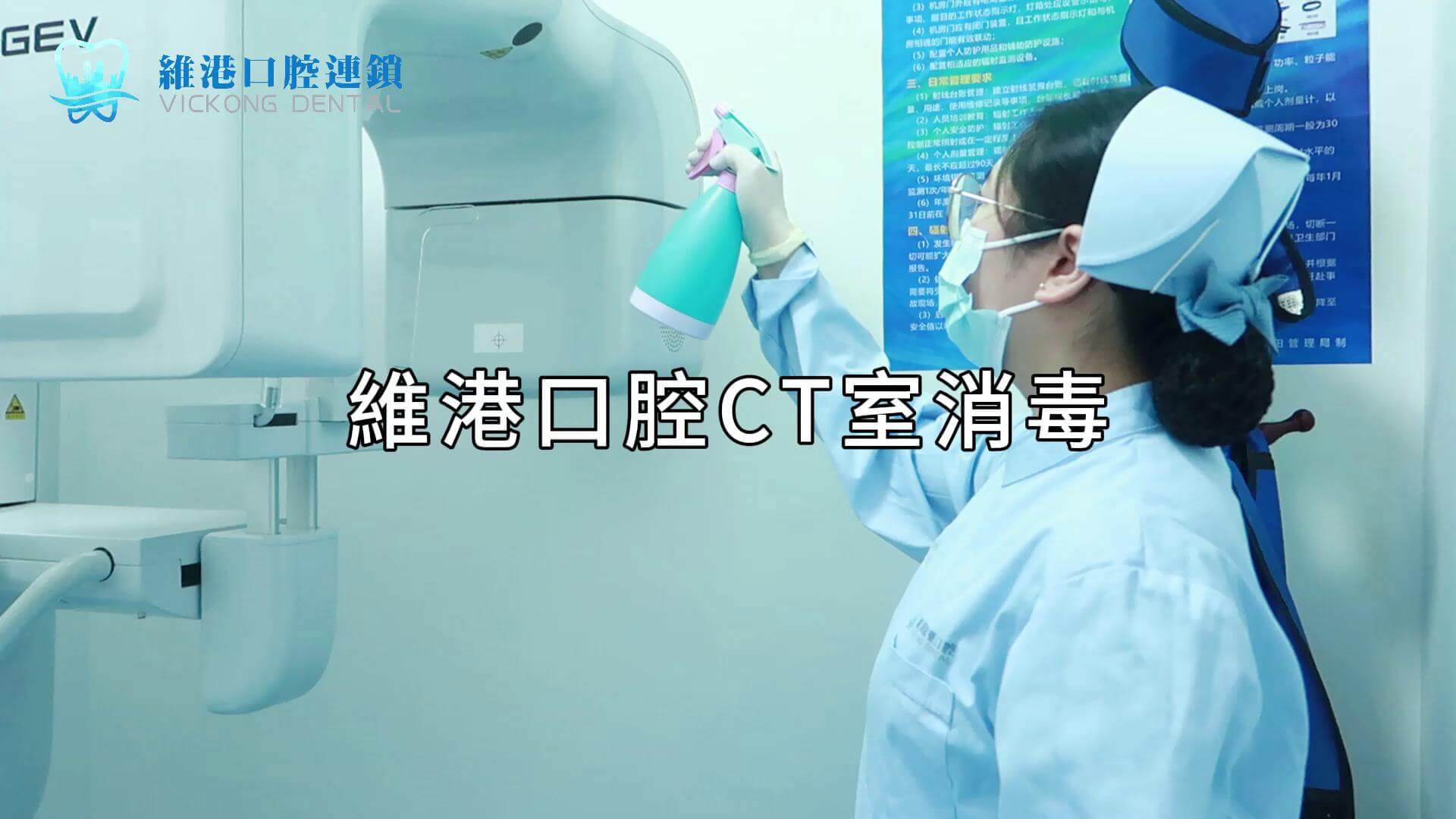**Should You Schedule Regular Imaging After Dental Implants in Mainland China?**
In recent years, many Hongkongers have opted for dental procedures in Mainland China, particularly dental implants, due to the wide range of choices, mature techniques, and convenient transportation. However, undergoing dental implants isnt a one-time affair that allows you to completely relax afterwards. A common question arises: "Do you need regular X-rays or dental imaging after dental implants?" This concern is crucial for the success of the implants and the overall health of your teeth.
**Dental Implants Are Not a One-Time Procedure**
Dental implants involve inserting an artificial tooth root into the jawbone, followed by the gradual fusion of the bone and gum with the artificial implant. This process extends beyond the surgery day to include the healing period and long-term maintenance. Although the procedure itself might only take a few days, dental and oral health is a lifelong commitment. Regular check-ups play a vital role in ensuring successful implants and extending their lifespan.
**Why Schedule Regular Dental Imaging?**
Dental imaging typically includes X-rays and oral scans, which can reveal issues invisible to the naked eye, such as:
- The effectiveness of the fusion between the artificial root and jawbone
- Potential bone loss or inflammation
- The health status of your gums
- Any misalignments or loosening of the implants
The first few years post-implant are critical, as the bone and gum are still stabilizing. Regular imaging allows for early detection and timely intervention, preventing the situation from worsening.
**What If Youve Had Implants in Mainland China and Returned to Hong Kong?**
Many people worry about the inconvenience of regular check-ups with the dentist in Mainland China once they return to Hong Kong. Its advisable to inform your local dentist in Hong Kong about your implants origin and ask them to provide regular imaging and examinations. Dental imagery is universally accepted, allowing your dentist to analyze the situation effectively. If you plan to return to Mainland China periodically, its best to discuss check-up frequency and scheduling with your dentist in advance.
**How to Determine the Frequency of Check-Ups?**
Generally, its recommended to h

ave at least two check-ups during the first year post-implant, including imaging and clinical evaluations. After stabilization, annual check-ups can suffice. However, if you have a history of periodontal disease, high risk of bone loss, or an exceptionally strong bite, more frequent examinations might be necessary. Discuss these factors with your dentist post-surgery to create a personalized plan.
**Risks of Skipping Check-Ups**
Some may feel complacent if the surgery seems successful and theres no pain. However, neglecting regular check-ups can lead to risks such as:
- Gradual bone loss without noticeable early symptoms
- Peri-implantitis, with gum inflammation and bleeding
- Uneven bite pressure, exerting excessive stress on the implants
- Loose artificial roots, potentially resulting in failure
Seeking dental care only when issues arise increases treatment difficulty and discomfort.
**Combine Regular Check-Ups with Oral Hygiene**
After implants in Mainland China, maintain good oral hygiene by brushing daily and using floss or oral irrigators, alongside regular check-ups and imaging. Remember, dental imaging isnt superfluous; it offers a clear view of your oral health. Even without symptoms, monitoring your condition through regular imaging brings peace of mind.
**Tips for Successful Implant Maintenance**
1. Retain documentation related to your dental implants, such as surgery reports and initial imaging files, to facilitate comparisons in future assessments.
2. Maintain communication with your dentist, whether in Hong Kong or Mainland China, ensuring consistent professional follow-ups.
3. If you experience gum redness, bleeding, or discomfort while chewing, dont wait for your next scheduled check-up; seek dental care promptly.
**Conclusion**
Traveling to Mainland China for dental implants is a popular choice among Hongkongers. Nevertheless, the surgery is merely the initial step; regular imaging and check-ups are integral guarantees for long-term implant health. Whether you plan to return to Mainland China periodically or handle follow-ups in Hong Kong, maintaining check-up frequency and oral care ensures your implants remain durable and comfortable. Always remember, great dental health relies not only on technology but also on your commitment to consistent care.

























